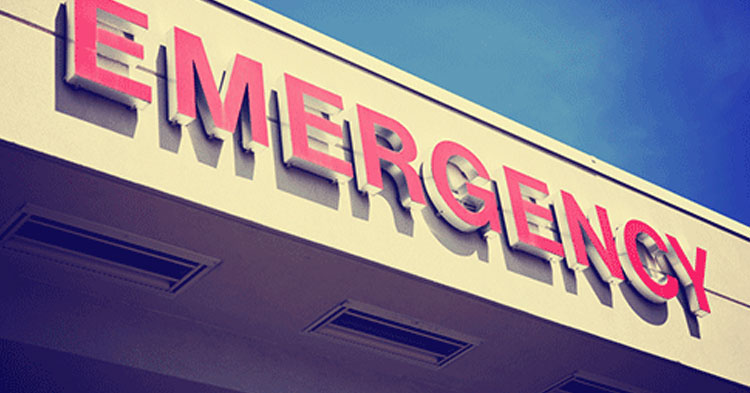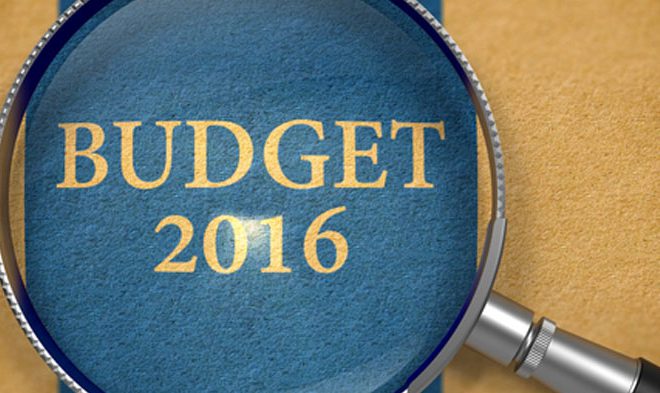This is why it is important to have an emergency savings fund
If you don’t believe in having an emergency fund, it’s time to start! No matter how financially prepared you may think you are, sometimes life has a way of throwing a curveball, which is why you need to be prepared for the worst. Unexpected expenses such as your daughter’s wedding or even having to replace your car because it has been written off, can be dealt with in a less stressful way if you have some extra cash stashed away somewhere.
What is an emergency fund?
If you don’t already know, an emergency fund is a type of savings reserve that you should put money into every month. It can either be an account at the bank or a jar that you keep locked away in your safe at home, it doesn’t really matter. However, we wouldn’t recommend putting it into some type of investment such as a money market or call account, as you cannot always access this money straight away.
Rather than thinking of your emergency fund as yet another investment, think of it as an extra insurance policy that will save you during the “rainy days”.
How much should I put away each month?
Even though the general rule of thumb is that your emergency savings fund should consistently be equivalent to at least three month’s worth of your living expenses, it is essentially up to you to decide how much you want to put away, whether it is monthly, bi-monthly, every 6 months etc. Don’t forget that the more frequently you put money into your fund, the more money you will be saving.
However, it is important that the amount you put away doesn’t affect your day-to-day living.
Potential reasons why you may need the fund:
If you aren’t already convinced about why you need to have an emergency stash available to you, here are some unforeseen moments that may creep up on you and require your extra cash:
- You lose your job and can’t find another one, or one that is on the same level of pay
- You forgot to pay your taxes and now owe the tax man a lot of money
- You cannot work anymore due to a serious illness or a disability
- Your car decides to surprise you by breaking down
- You, or someone in your family, needs urgent medical attention
- You need to start taking medication that is not covered by your medical aid
- You need to relocate to a more expensive area due to work requirements
- There are structural damages to your home that aren’t covered by your home insurance policy
- An increase in school and university fees for your children
- You need to pay off your debt fast
No one wants to believe that something will happen to them to throw them off their game plan, but nothing is for certain and it is up to you to make sure that you keep yourself, and your loved ones, financially secure.
MoneyShop





